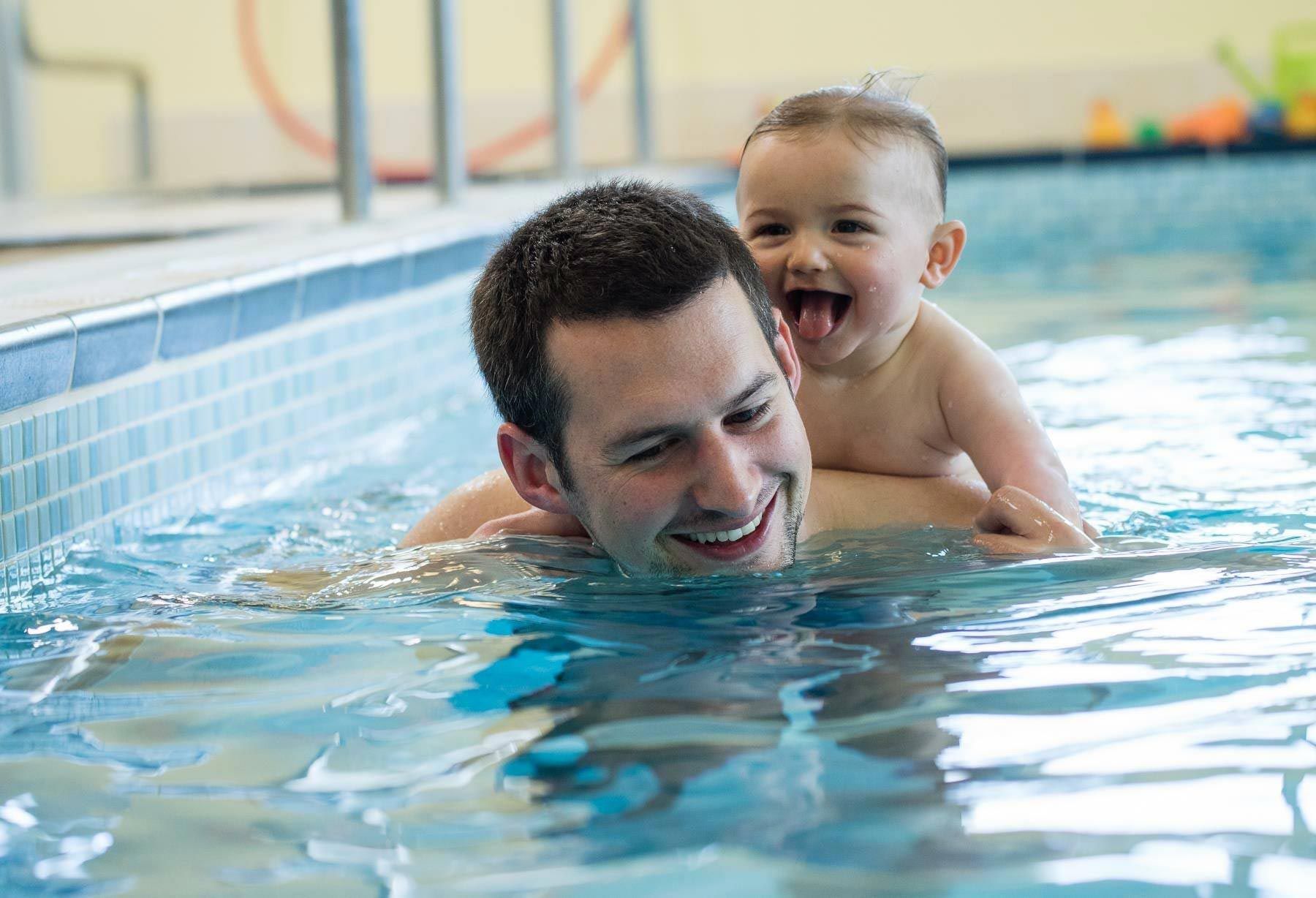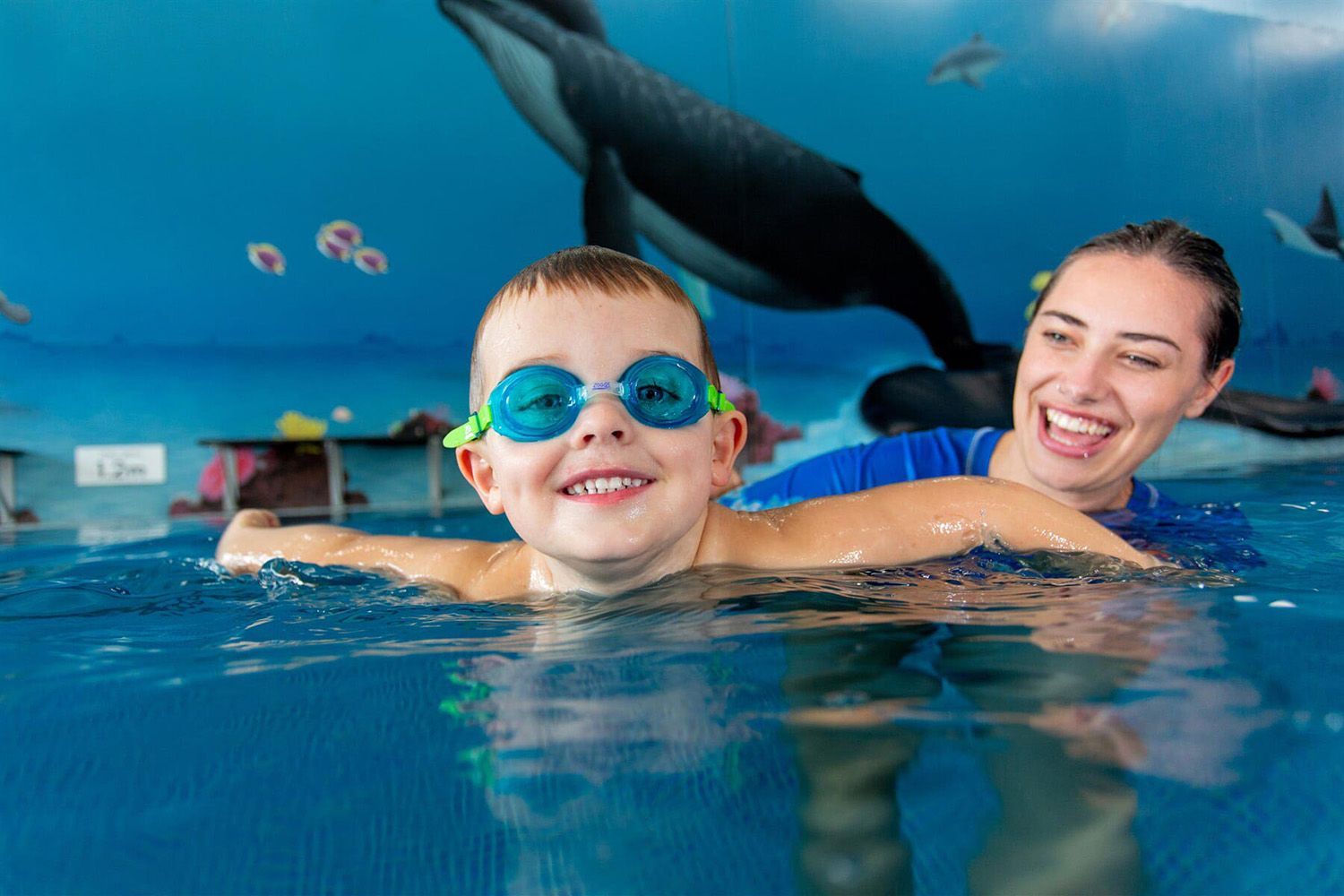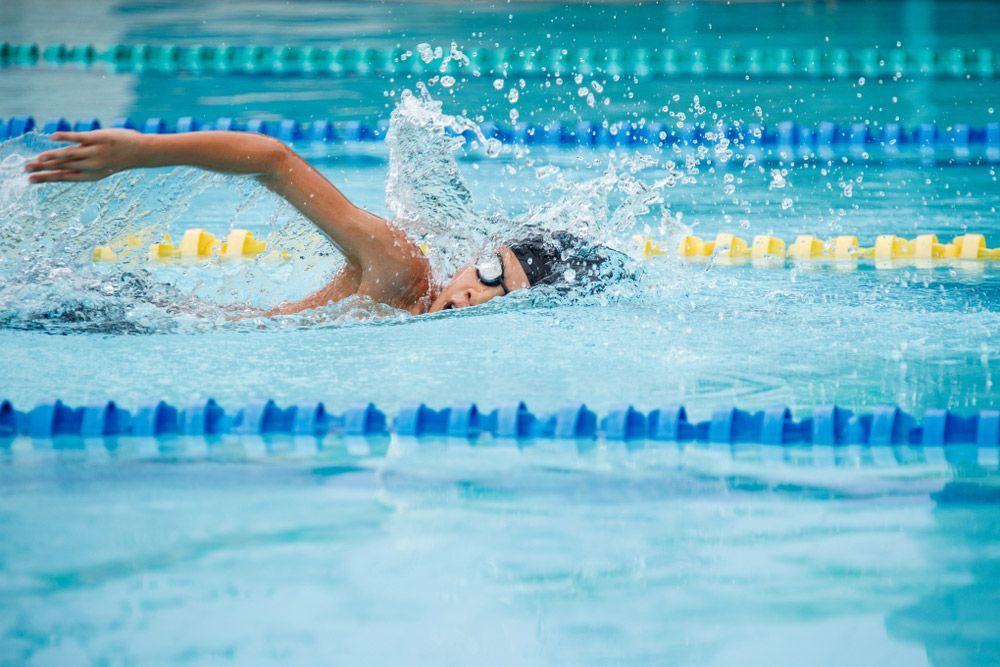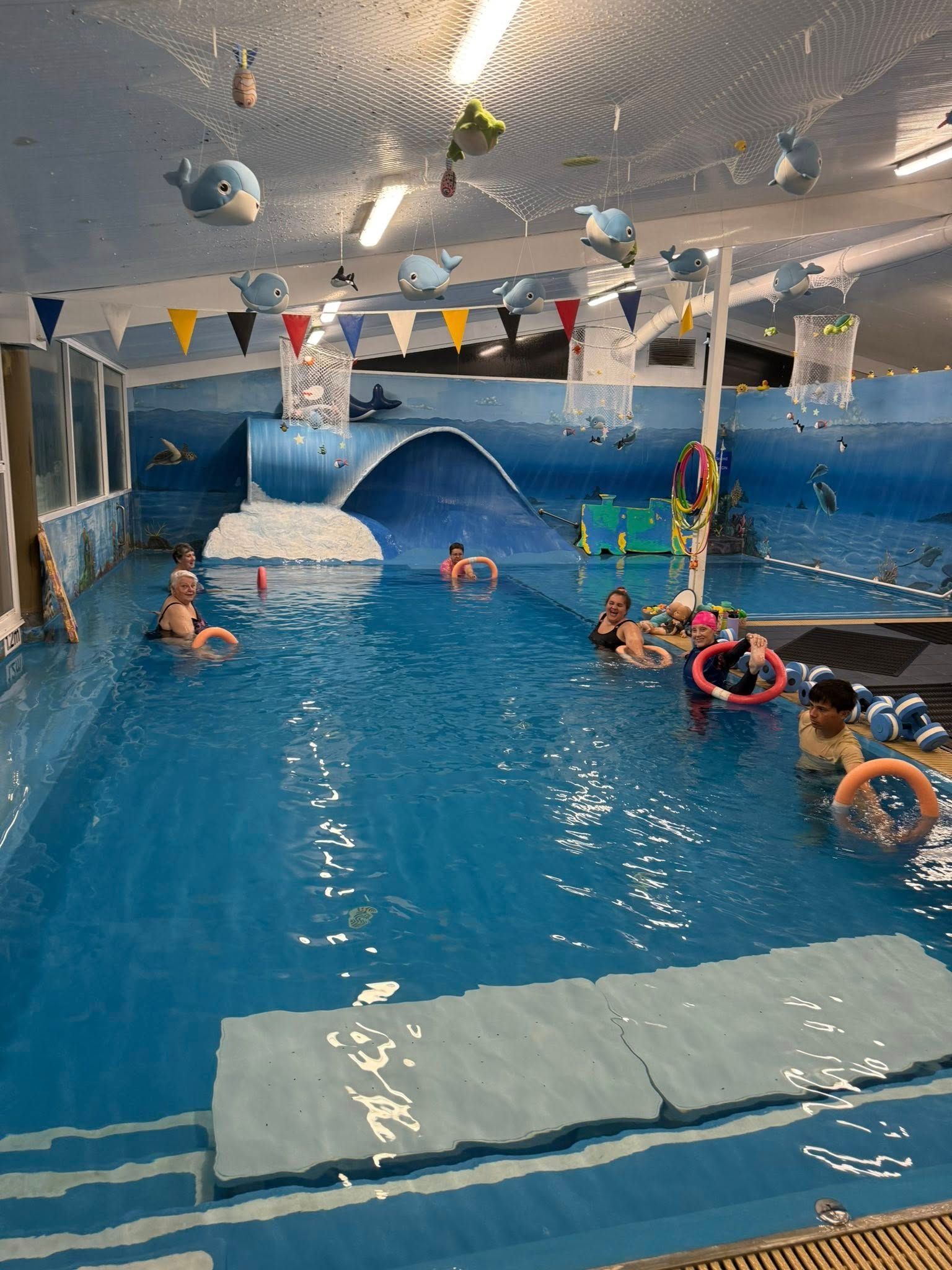Understanding The Different Types Of Kids’ Swimming Classes
Are you wondering which swimming class is right for your child? With so many different types of kids' swim lessons available, it can feel overwhelming trying to figure out the best fit for their age, confidence, and ability level. Every child learns at their own pace, and choosing the right class can make all the difference in helping them feel comfortable, safe, and excited about being in the water.
This guide will break down the different types of kids' swimming classes, helping parents choose the right path for their child’s swimming journey.
Why Swimming Lessons Are Important for Kids
Swimming is not just a recreational activity—it's an essential life skill. Teaching children to swim early:
- Builds water confidence.
- Promotes safety in and around pools, beaches, and rivers.
- Supports physical development, including strength, balance, and coordination.
- Encourages social interaction and independence.
In a coastal community like Coffs Harbour, swimming skills are particularly valuable, helping children enjoy a wide range of water activities safely.
Different Types of Kids Swimming Classes Explained
Not all kids' swim classes are the same. They are usually tailored to the child's age, experience, and developmental stage. Here’s a breakdown of the main types of swimming classes you’ll come across:
Parent & Baby Classes (6 months to 2 years)
These introductory classes are designed for babies and toddlers with the support of a parent or caregiver in the water.
Focus areas include:
- Building water familiarity and comfort.
- Developing basic floating and kicking movements.
- Establishing safety habits early.
- Strengthening the bond between parent and child through shared activities.
These classes offer a gentle, nurturing introduction to the aquatic environment.
Toddler Independent Classes (2 to 4 years)
As toddlers grow more confident and independent, they can progress to classes without direct parental support in the water.
Key features:
- Learning to enter and exit the pool safely.
- Basic floating, paddling, and kicking skills.
- Water safety drills, such as returning to the pool edge.
- Building early listening and following instructions in a group setting.
These classes emphasise water confidence and self-rescue basics in a fun, engaging way.
Preschool Learn-to-Swim (3 to 5 years)
At preschool age, children can begin more structured lessons aimed at skill development.
Focus areas:
- Learning correct body positioning.
- Basic stroke introduction (dog paddle, kickboard work).
- Developing breath control and underwater confidence.
- Practising water safety techniques.
Preschool swim classes provide the foundations that prepare kids for formal stroke development in later stages.
Beginner School-Age Classes (5 years and older)
School-aged beginners often start with entry-level swim classes designed to build core skills from scratch.
In these lessons, children work on:
- Floating independently.
- Basic freestyle arm and kick coordination.
- Backstroke introduction.
- Safe entries and exits from deeper water.
Beginner classes focus on building strong foundational swimming skills in a supportive, structured environment.
Intermediate Stroke Development Classes
Once children are comfortable in the water and have basic propulsion skills, they move into stroke development classes.
Key learning areas include:
- Refining freestyle and backstroke techniques.
- Introducing breaststroke arms and kick coordination.
- Building endurance with longer swims.
- Strengthening water safety skills in different aquatic conditions.
These classes focus on both technique and stamina, helping children transition from basic survival skills to true swimming proficiency.
Advanced Stroke Correction & Squad Preparation
For confident swimmers looking to refine their skills or progress towards competitive swimming, advanced classes focus on:
- Perfecting freestyle, backstroke, breaststroke, and butterfly.
- Improving breathing techniques and race turns.
- Enhancing speed, efficiency, and endurance.
- Preparing for swim squad entry or school sports competitions.
These classes challenge swimmers to reach their full potential while maintaining enjoyment of the sport.
Choosing the Right Class for Your Child
When deciding on the best class for your child, consider:
- Age & developmental stage: Physical maturity and emotional readiness vary greatly from child to child.
- Confidence level: Some children are naturally fearless around water; others need time and encouragement.
- Previous swimming experience: If your child has attended water safety programs or informal lessons, they may be ready for more advanced instruction.
- Learning style: Some children thrive in group settings, while others benefit from small groups or semi-private classes for more attention.
Swimming instructors will typically assess your child’s abilities at enrolment to ensure placement in the most appropriate class.
The Importance of Water Safety Focused Programs
While learning strokes is important, water safety should always remain a priority. High-quality kids' swimming classes in Coffs Harbour place strong emphasis on:
- Safe pool entries & exits.
- Floating & treading water skills.
- Recognising & avoiding hazards.
- Basic rescue techniques (appropriate to age).
Water confidence combined with survival skills ensures children are not only skilled swimmers but also safer around all types of aquatic environments.
Benefits Beyond the Pool
Swimming lessons offer much more than technical skills. Children who participate in regular kids' swimming lessons in Coffs Harbour often enjoy:
- Improved confidence and self-esteem as they achieve new milestones.
- Better fitness levels, supporting strong heart and lung health.
- Greater social skills, learning to interact with peers and instructors.
- Cognitive development, such as following instructions, problem-solving, and sequencing strokes, all boost brain activity.
Swimming helps children develop holistically—physically, emotionally, and mentally.
Questions to Ask When Choosing a Swimming Program
Before enrolling, it’s a good idea to ask:
- Is the instructor qualified and experienced with children’s swim instruction?
- What is the class size? (Smaller groups often mean more attention.)
- How are assessments handled for skill progression?
- Does the program prioritise water safety education alongside stroke development?
Choosing the right swimming program helps set the foundation for a positive, rewarding experience that children carry with them for life.
Help Your Child Thrive in the Water with the Right Swimming Class
Swimming is a critical life skill that offers lifelong safety, confidence, and enjoyment. Understanding the different types of kids' swimming classes available helps parents make informed choices tailored to their child’s age, experience, and developmental stage.
Finding the right fit means children stay engaged, learn at their own pace, and develop strong, safe swimming habits they’ll carry for life.
At SwimCare Swim School, we offer a wide range of programs, from parent-and-baby classes to advanced stroke development, based in Boambee and surrounding areas. If you’re searching for supportive, professional kids' swimming classes in Coffs Harbour, our team is ready to help your child thrive in the water.








